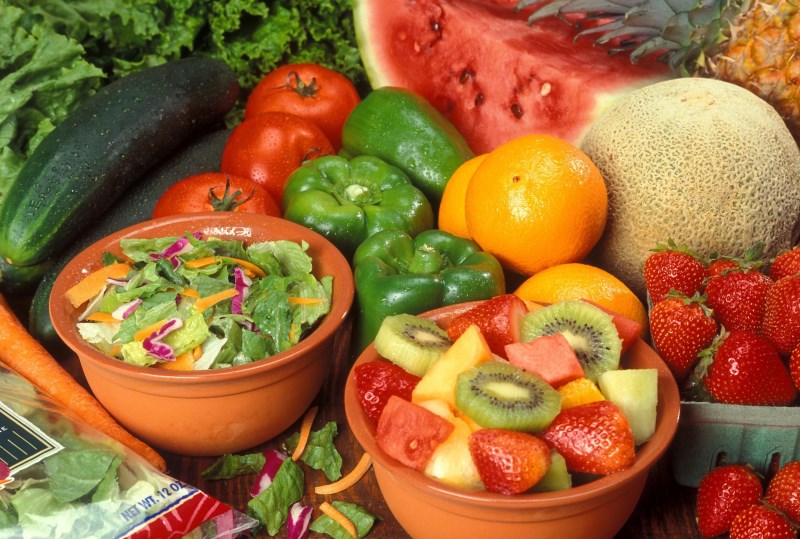The importance of eating healthy food in appropriate quantities is an integral part of maintaining overall good health. The ability to purchase healthy, organic foods at sustainable prices should be a right available to all Americans. At the present time, healthful, organic foods are more expensive than the commercially produced, chemical-laden alternatives. This is an area that Sterling Heritage would like to assist the Federal Government. Our goal is to spread the knowledge of proper nutrition and to make wholesome organic foods available to all Americans.

Sterling Heritage Solutions will assist the Federal Government with a spectrum of services that we see promoting the ultimate goal of thinning America, reducing diabetes, and stopping the trend of producing and consuming increasing amounts of cheap junk food. The current food systems in the United States are the major culprit in our growing health crises. Americans growing waistlines are robbing them of their health and happiness. Poor health is costing America two hundred billion dollars annually, with obesity topping the list of our preventable public health problems. The United States spends 17.9% of GDP in healthcare ($8,608 per person). Diet related health problems account for 80% of that expenditure. Health problems that are related to diet are obesity, diabetes, heart disease, stroke, cancer, and others. Of the 17 highest-income countries studied by the National Institutes of Health in 2013, the United States is at the bottom for life expectancy.
Many of our country’s poorest people, SNAP recipients, cannot pay higher prices for good food. Unhealthy food cost less than healthy food, and it is much easier to find. Grocery stores in low income neighborhoods generally carry much less fresh produce than grocery stores in high income neighborhoods. This is one reason why people who participate in SNAP are found to make poor food choices. But this has a huge cost in terms of overall health. When we consider food quality in the management of chronic diseases, for SNAP recipients, the taxpayer pays twice. Once, when families buy junk food and cheap poor quality food with taxpayer assistance and again when we pay for the increased cost of health care treating preventable health problems.